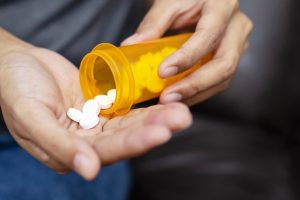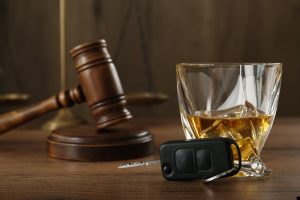If you’ve been arrested for DUI in Broward County, you’re probably feeling overwhelmed, scared, and unsure about what happens next. A DUI arrest can turn your world upside down in an instant. Here’s what it’s important to remember in this moment: you have rights, you have options, and with the right legal representation, you can navigate this challenging situation successfully.
The Stakes Are Higher Than You Think
As a longtime Fort Lauderdale DUI lawyer, I’ll be straight with you: Florida doesn’t mess around when it comes to DUI charges. Under Florida Statute 316.193, even a first-time DUI conviction can result in serious consequences that will follow you for years. We’re talking about potential jail time, hefty fines, license suspension, and mandatory DUI school.
Beyond that, a DUI conviction becomes part of your permanent criminal record. This means it can show up on background checks for jobs, housing applications, professional licenses, and even volunteer opportunities. In today’s digital age, that conviction can haunt you long after you’ve paid your debt to society.
Why Broward County DUI Cases Require Local Expertise
Something many people don’t realize is that not all DUI attorneys are created equal, especially when it comes to handling cases in Broward County. The legal landscape here has its own unique characteristics that require specific knowledge and experience.
Broward County has multiple courthouse locations, each with different judges, prosecutors, and local procedures. The judge who might be lenient in one courthouse could be a stickler for maximum penalties in another. An experienced local DUI attorney knows these nuances and can use this knowledge to your advantage.
Our local law enforcement agencies – from the Fort Lauderdale Police Department to the Broward Sheriff’s Office – each have their own protocols for DUI arrests. They use different breathalyzer machines, have different training procedures, and even different policies for conducting field sobriety tests. An attorney who regularly practices in Broward County understands these systems inside and out.
The Science Behind DUI Defense
One of the biggest misconceptions I hear is that if you blew over the legal limit, your case is hopeless. That’s simply not true. The science behind breath testing is more complex than most people realize, and there are numerous factors that can affect the accuracy of these tests.
Breathalyzer machines must be properly calibrated and maintained. The officer administering the test must be properly trained and follow specific protocols. Even your diet, medical conditions, or the time between your last drink and the test can significantly impact the results.
Field sobriety tests are even more subjective. These tests were designed for ideal conditions – flat, dry surfaces with good lighting and no distractions. How often does a roadside DUI stop meet these criteria? Factors like uneven pavement, flashing police lights, heavy traffic, weather conditions, or even your choice of shoes can affect your performance on these tests. Having a local Broward DUI defense lawyer who knows the area, the common blind spots of each department, and the defense strategies most likely to be successful in certain courts (and which won’t) can make all the difference in the outcome of your case.
Building a Strong Defense Strategy
Every DUI case is unique, and an experienced attorney knows how to identify the specific weaknesses in the prosecution’s case against you. Was the initial traffic stop justified? Did the officer have probable cause for the arrest? Were proper procedures followed during testing? Were your constitutional rights respected throughout the process?
These aren’t just technical legal questions – they’re the foundation of a strong defense. If law enforcement made mistakes or violated your rights, it could result in evidence being suppressed or even charges being dismissed entirely.
The Importance of Local Relationships 
Over years of practicing DUI defense in Broward County, I’ve built relationships with prosecutors, judges, and court personnel. These relationships don’t guarantee outcomes, but they do help ensure that your case receives fair consideration and that plea negotiations happen in good faith.
I know which prosecutors are reasonable and which ones take hardline stances. I understand which judges appreciate thorough preparation and which ones prefer concise arguments. This local knowledge allows me to tailor our defense strategy to the specific individuals who will be handling your case.
 Fort Lauderdale Criminal Attorney Blog
Fort Lauderdale Criminal Attorney Blog








